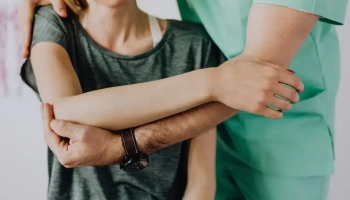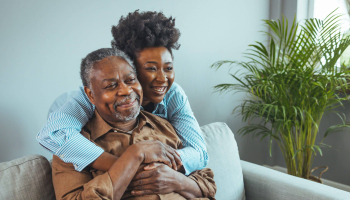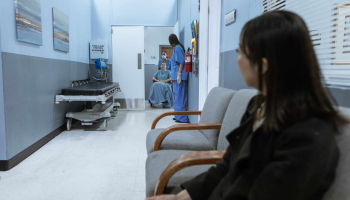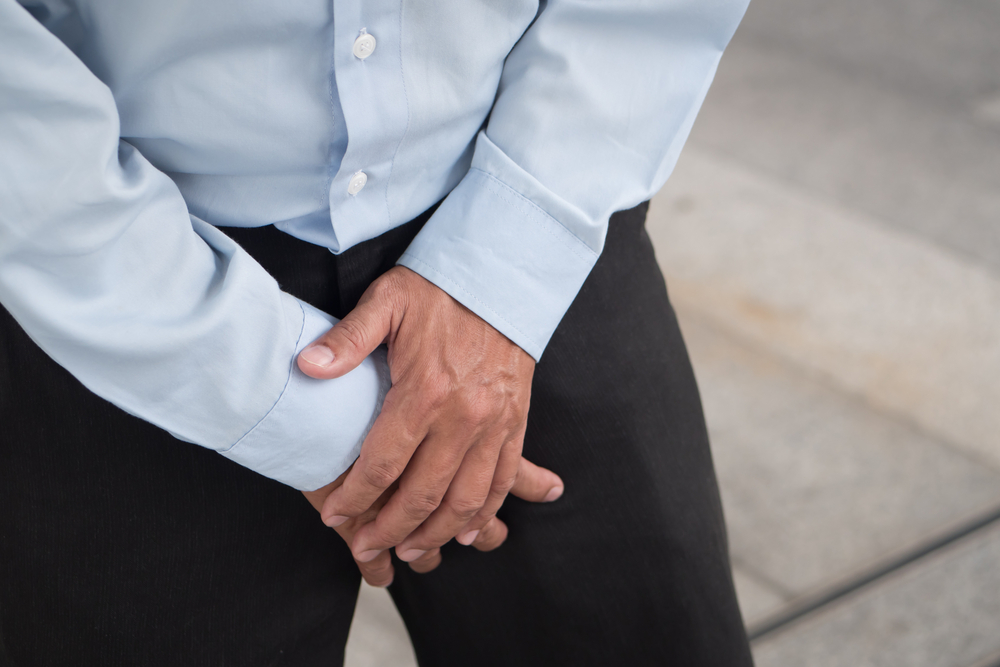
Urinary incontinence is a condition where someone is not able to control their bladder and they only notice that they have a problem when they start seeing leaks and wet patches on their clothes that they indeed urinated on themselves. The condition is frequent especially among adults and elderly people. At the hospice where I work, I come face to face with men and women who are not able to control their bladder and would not seek medical report or even talk about because it is so embarrassing. As the caregiver, you only note it when you get a whiff of urine odor and confront them on the matter.
What causes urinary incontinence among the elderly
The National Institute of Aging lists the following as the common causes of incontinence.
- Urinary tract infection can cause incontinence among the adults
- Psychological problems such as depression and stress can make the person have no control over their bladder
- Diabetes and heart failure can lead to incontinence
- If the elderly has derilium.
- Morbidly obese people will find that they often have urinary incontinence problems since the excess weight on the tummy exerts pressure on their bladder causing them to leak out urine even when they are not full.
Tips on dealing with incontinence as a caregiver
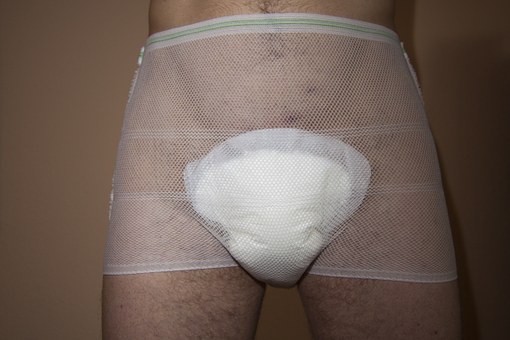
Use locally available products to soak the clothes to beat the bad odor
The one thing that would put off a caregiver in an incontinent person is the strong urine smell. Their underpants are also going to get soiled with urine stains. To deal with this, you can form a habit of first soaking the clothes in vinegar. Vinegar makes the smell go away and also cleans away the stains. Other locally available products that you could use include borax and washing soda, periwash, iodine scrub and hot water. You will find that after using these products the smell reduces considerably.
Have a doctor look at the problem
The problem with most people is that they associate incontinence with old age and as such they see it as a normal thing for an elderly person to have incontinence because they will argue that it comes with old-age. However, after reading the list of causes of incontinence above, you should know better.
Guards and Adult Diapers
Use of absorbent products that also take away the urine odor. There are some pads, adult diapers that people with incontinence can use to keep them dry as well keep the bad urine odor at bay. In our article on the best male incontinence guards, we explored some of the guards that men can use to keep themselves dry amidst incontinence.
Kegel Exercises
You can have your elderly start doing some pelvic muscles exercises that help strengthen their muscles so that they are able to hold urine for long and not pee on themselves.
Time voiding
Train your elderly to urinate at scheduled timings. This has particularly helped me as I take care of the adults in my place of work. Whether they feel the urge to urinate or not, I always have them urinate three times in the day and three times in the night. Everyone knows and whenever they hear me say ‘Urine time. Urine time,’ they all go to the washrooms and empty their bladders. The technique has helped a lot.
Biofeedback
Here sensors are used to help you get signals from your body that you need to empty your bladder and this way, you are able to regain control of your muscles
Avoidance of alcohol
Alcohol and use of drugs can aggravate incontinence and you therefore need to put them at bay if you are to see any results in dealing with incontinence.
You can also check out our post on bowel incontinence and how to deal with the same.



